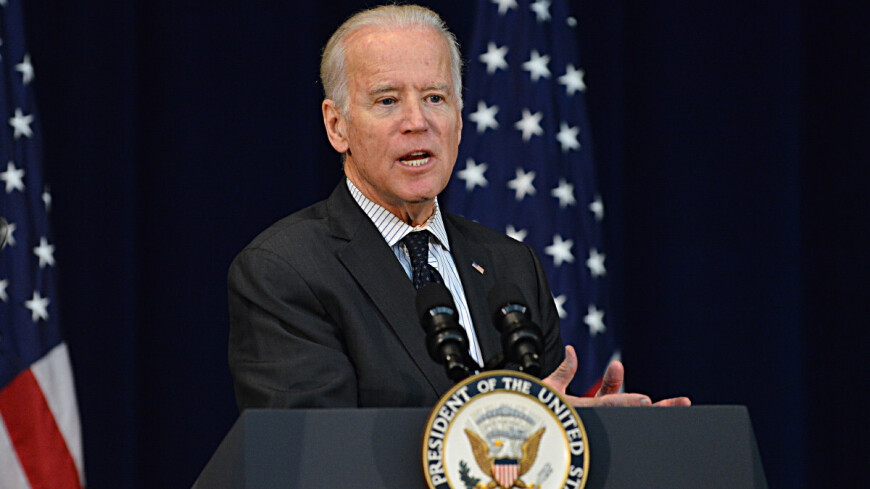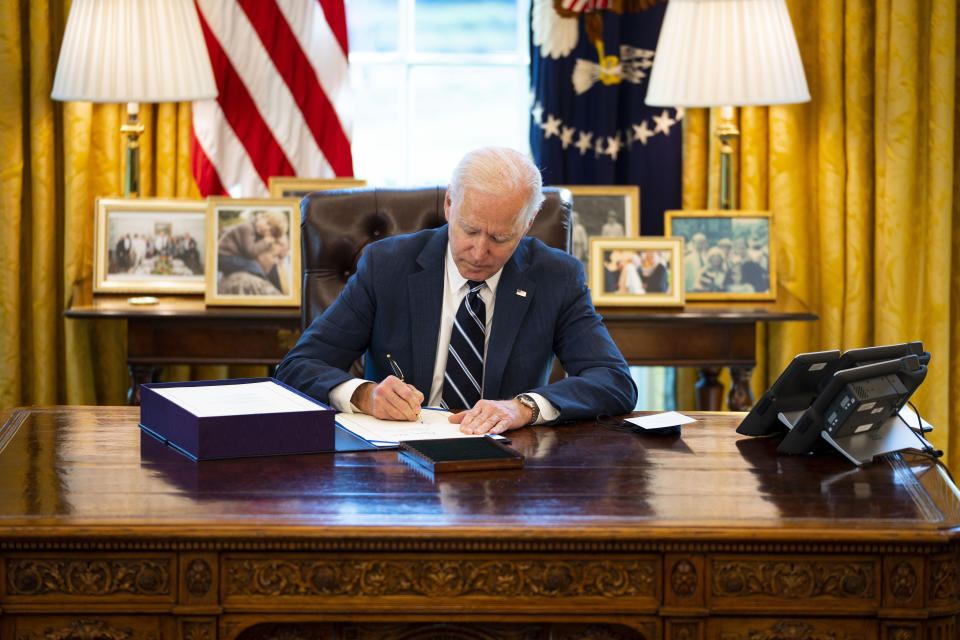The ongoing legal disputes surrounding immigration policies have taken a pivotal turn as the federal government seeks to uphold essential protections for individuals brought to the country as children. This complex situation underscores the tensions between state jurisdictions and national governance, raising questions about the future of these crucial safety nets.
In recent developments, the federal entity has voiced its intention to contest decisions made by various regions that threaten the stability of these provisions. The implications of this confrontation extend far beyond legal realms, impacting the lives of countless individuals who rely on these measures for their security and sense of belonging.
As the courtroom battles unfold, the dialogue surrounding immigration reform continues to evolve. Advocates on both sides are keenly observing the shifting landscape, which not only affects policy but also resonates with the broader societal discourse on inclusion and national identity.
Overview of the DACA Program
The initiative in question serves as a protective measure for a specific group of young individuals who were brought to the country as minors. It aims to provide them with a sense of security and an opportunity to thrive by allowing them to remain in the nation without the constant fear of deportation. This system has significant implications not only for the recipients but also for the broader society.
Key Features
- Eligibility is primarily based on the age of arrival and current residency status.
- Renewals of protective status are required periodically to maintain benefits.
- Participants can apply for work permits, facilitating legal employment opportunities.
- Individuals are required to meet certain educational or employment criteria.
Impact and Challenges
This initiative has had a profound influence on the lives of many individuals by allowing them to pursue their education and careers. However, it has also faced various challenges over the years, leading to legal disputes and discussions regarding its future.
- Uncertainty about long-term stability and potential changes to the initiative.
- Legal battles over constitutional rights and statutory authority.
- Public opinion and political discourse affecting the overall perception.
Legal Challenges Facing DACA
The ongoing legal disputes surrounding the policy aimed at protecting certain undocumented individuals from deportation highlight significant complexities in the intersection of immigration law and executive action. As varying courts weigh in on the legitimacy and implementation of this initiative, a variety of perspectives and interpretations arise, shaping the future for those involved.
Constitutional Concerns
Critics argue that the initiative oversteps legal boundaries set by Congress, claiming that such decisions should rest solely with legislative bodies. This contention raises questions about executive authority and whether provisions enacted through executive orders can withstand judicial scrutiny. Proponents, however, contend that the measure addresses urgent humanitarian needs and upholds foundational principles of equity and justice.
Judicial Proceedings and Outcomes
Across multiple cases, various rulings have emerged, creating an environment of uncertainty for affected individuals. Each decision from the judiciary can alter the landscape significantly, leaving many to navigate the complexities of their immigration status amidst fluctuating legal interpretations. The consistently evolving case law illustrates the precariousness of relying on executive actions in a system bound by strict legal guidelines.
Biden’s Commitment to Immigration Reform
The current leadership has expressed a strong dedication to overhauling the immigration landscape, emphasizing a fair and compassionate approach to those residing in the country. This vision is rooted in the belief that a modernized immigration system can foster inclusivity, economic growth, and respect for human rights.
Efforts are being made to ensure that individuals who contribute to society are granted pathways to stability and security. Focus is placed on addressing the needs of diverse communities, while also seeking to rectify past injustices within the immigration framework. This commitment reflects a broader understanding of the vital role that immigrants play in shaping the nation’s cultural and economic fabric.
Collaboration with various stakeholders, including lawmakers and advocacy groups, is pivotal in this journey. The objective is to create lasting solutions that not only support individuals but also strengthen the overall system. As this initiative progresses, ongoing dialogue and reform remain crucial to meet the evolving needs of society.
Impact of DACA on Dreamers
The initiative created to protect individuals who came to the country as children has had significant repercussions on their lives and futures. These young people, often referred to as Dreamers, have benefited from the policy in various ways, fostering a sense of security and community among them.
Primarily, the program has provided an opportunity for numerous individuals to pursue their education and careers without the constant fear of deportation. This has fostered a generation of motivated and ambitious individuals ready to contribute to society.
- Educational Opportunities: Many Dreamers have accessed higher education, resulting in greater qualifications and skills.
- Employment Stability: The ability to work legally has allowed individuals to support themselves and their families, stimulating the economy.
- Health Benefits: Access to healthcare and social services has improved overall quality of life for many participants.
- Community Engagement: Dreamers have become active members of their communities, volunteering and participating in civic activities.
Despite these advantages, challenges remain. Uncertainty regarding the future of the initiative has left many in fear and concern. Nevertheless, the positive impact on individuals and families showcases the importance of creating supportive pathways for those seeking to build their lives in a new environment.
State Governments’ Stance on DACA
Various regional authorities across the nation have exhibited a range of perspectives regarding the policy aimed at providing temporary relief to certain individuals who arrived in the country as minors. This debate centers on the balance between federal directives and state interests, showcasing a divide in opinion on immigration matters.
Some states have expressed support for the initiative, advocating for the rights of young immigrants and emphasizing the economic contributions they make to their communities. These jurisdictions view the policy as a means to foster inclusivity and promote social stability.
Conversely, other state leaders have opposed the initiative, arguing that it undermines state sovereignty and burdens local resources. They contend that such policies should be determined at the federal level rather than imposed on states, prompting legal actions aimed at dismantling the existing framework.
This dichotomy reveals deeper ideological divides regarding immigration and the role of government, with long-term implications for the affected individuals and the broader landscape of the nation’s immigration system.
Future Implications for Immigration Policy
The ongoing legal battles surrounding certain immigration initiatives reveal the complexities and uncertainties of the current immigration landscape. As policymakers navigate through shifting regulations and public sentiment, the outcomes of these disputes are likely to have far-reaching consequences for the future of migration and the lives of individuals seeking residency or citizenship.
Impact on Migrant Communities
The resolution of legal questions tied to immigration initiatives is poised to significantly affect the status of countless individuals who have come to rely on such measures for their stability. Many may face an uncertain future, with policies that can either offer security or create further obstacles. Understanding the social ramifications of these rulings is essential, as they directly influence family dynamics, economic participation, and the overall well-being of communities.
Shaping Policy Reform
As the legal framework around migration continues to evolve, there is a pressing need for comprehensive reform. Initiatives must be designed to address the current realities faced by migrants while fostering inclusivity and security. The decisions made in the courtroom will likely serve as a catalyst for legislative discussions, driving the push for more stable and predictable immigration policies that reflect the nation’s values and priorities.
Q&A: Biden admin files appeal states challenge daca
What is the DACA program and why was it created?
The Deferred Action for Childhood Arrivals (DACA) program was established in 2012 by the Obama administration. It allows certain undocumented immigrants who came to the U.S. as children, often referred to as “Dreamers,” to apply for renewable two-year periods of deferred action from deportation. The program was created to offer these individuals a reprieve from the threat of deportation and to provide them with work permits, recognizing their contributions to society and the challenges they face due to their immigration status.
Why is the Biden administration appealing the states’ challenge to the DACA program?
The Biden administration is appealing the states’ challenge to reinforce and protect the DACA program, as it plays a crucial role in the lives of approximately 800,000 Dreamers who rely on it for stability and security in their lives. The appeal seeks to uphold the legality of DACA in response to a Texas-led coalition of states that argue the program is unlawful and oversteps executive authority. By appealing, the Biden administration aims to maintain protections for DACA recipients and push for a permanent legislative solution for Dreamers.
What are the potential implications if the DACA program is overturned?
If the DACA program is overturned, it could have serious consequences for the nearly 800,000 Dreamers currently enrolled. These individuals could face deportation and lose their ability to legally work in the U.S., which would lead to significant economic and social destabilization for many families and communities. Overturning DACA may also negatively impact various sectors that rely on the contributions of DACA recipients, including education, healthcare, and technology. Furthermore, it could set a precedent that affects other immigration-related policies and protections.
How has public opinion regarding DACA changed over time?
Public opinion regarding DACA has evolved significantly since its inception in 2012. Initially, it faced substantial opposition, with concerns about legality and immigration policy. However, as more people became aware of the stories and contributions of Dreamers to American society, support for the program began to grow. Recent polls indicate that a majority of Americans, including many Republicans, express support for providing a pathway to citizenship for DACA recipients. This shift highlights a broader recognition of the humanity and potential of the individuals impacted by DACA, leading to increased pressure on lawmakers to seek a long-term solution.
What steps can Congress take to provide a permanent resolution for DACA recipients?
Congress has the ability to provide a permanent solution for DACA recipients through comprehensive immigration reform. This could include creating a pathway to citizenship for Dreamers, addressing the root causes of immigration issues, and implementing measures to streamline and secure border processes. Lawmakers can introduce and advocate for bills specifically aimed at protecting DACA recipients and ensuring they have access to legal status and opportunities in the U.S. Additionally, bipartisan support for these measures is crucial, as it can help overcome partisan divides and lead to meaningful legislative action.
What is the DACA program and why is it significant?
The Deferred Action for Childhood Arrivals (DACA) program, established in 2012 by the Obama administration, provides temporary protection from deportation for certain undocumented immigrants who were brought to the United States as children. It allows these individuals to apply for work permits and live without the constant fear of being removed from the country. DACA is significant because it affects hundreds of thousands of young people, known as “Dreamers,” who contribute to society and the economy, often attending school or working in essential jobs. The program has faced numerous legal challenges, making its future uncertain, and the ongoing appeal by the Biden administration highlights the ongoing debate about immigration policy and the protections for vulnerable populations in the U.S.
What was the significance of the 2021 court decision by the district court for the Southern District of Texas regarding the DACA program?
In 2021, the district court for the Southern District of Texas ruled that the DACA program was unlawful, preventing new DACA applications while allowing current DACA recipients to renew their status. This decision impacted many individuals who were hoping to submit initial DACA requests.
Why did the Fifth Circuit Court of Appeals remand the DACA case back to the district court?
The Fifth Circuit Court of Appeals remanded the case back to the district court to review the new DACA regulation issued by the Biden administration. The appeals court’s decision left open questions regarding the legality of the DACA program and its rescission.
How has the court ruling impacted the processing of DACA renewals and new applications?
Following the court ruling by the district court for the Southern District of Texas, new DACA applications have not been accepted, but the court allowed for the processing of DACA renewal applications for existing recipients. This ruling is still being challenged in the courts, including by the Fifth Circuit Court of Appeals.
What was the role of District Court Judge Andrew Hanen in the DACA litigation?
District Court Judge Andrew Hanen from the Southern District of Texas played a key role in the DACA litigation, ruling that the program was unlawful in 2021. His decision blocked the acceptance of new DACA applications but permitted current DACA recipients to renew their status.
What is the significance of the Biden administration’s new DACA rule and its effect on the ongoing court case?
The Biden administration’s new DACA rule, issued in 2021, aimed to preserve the DACA program despite ongoing legal challenges. However, the rule has faced scrutiny in the courts, with the Fifth Circuit Court of Appeals remanding the case back to the district court for further review. The legality of the new DACA regulation remains uncertain.



